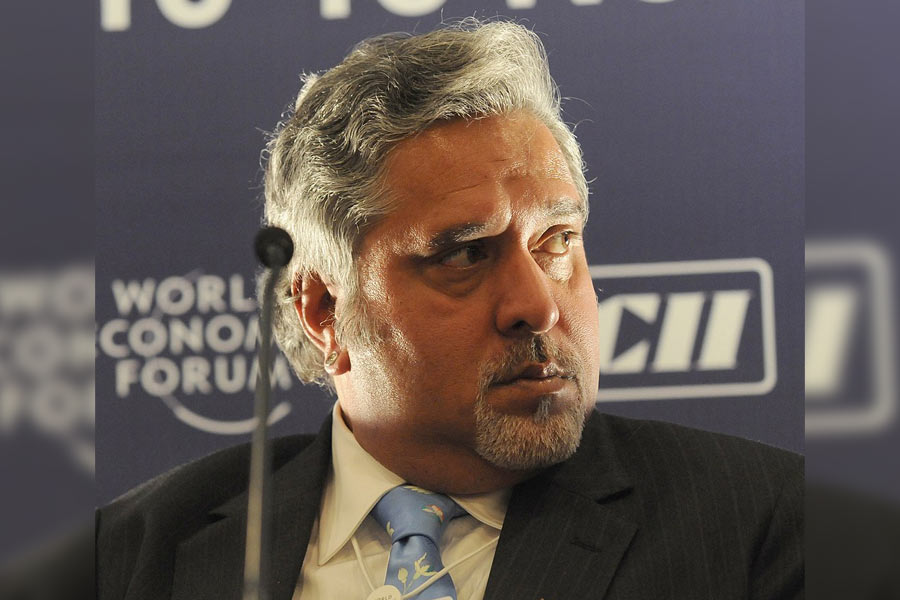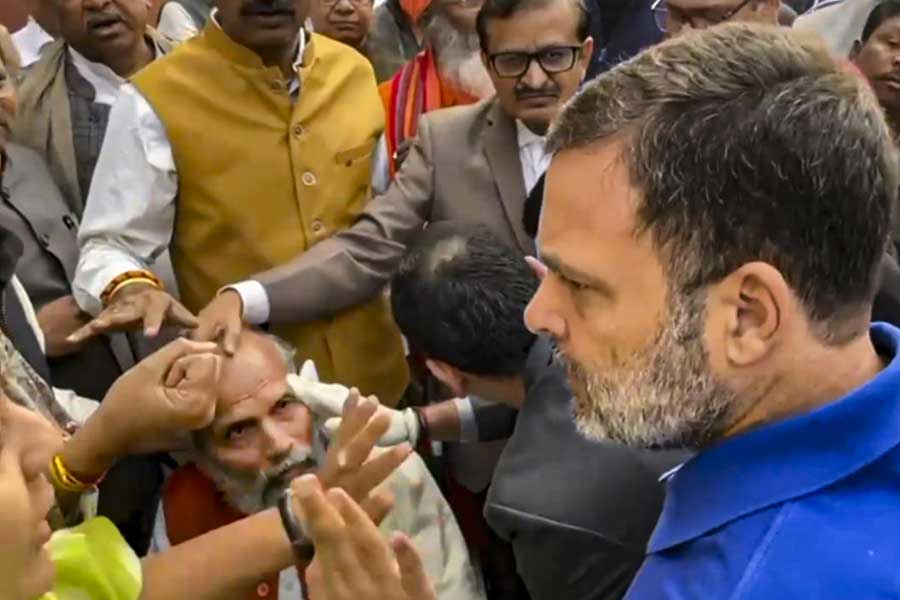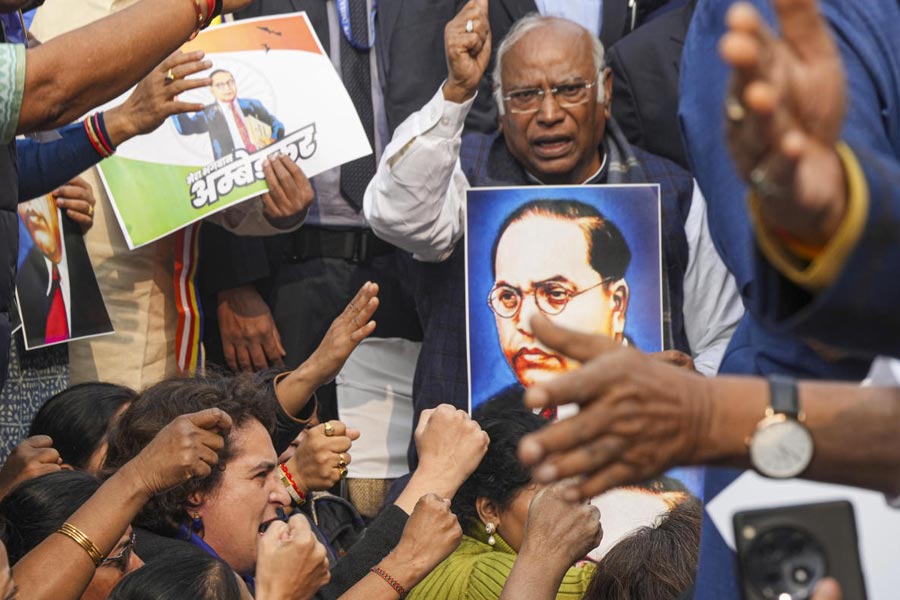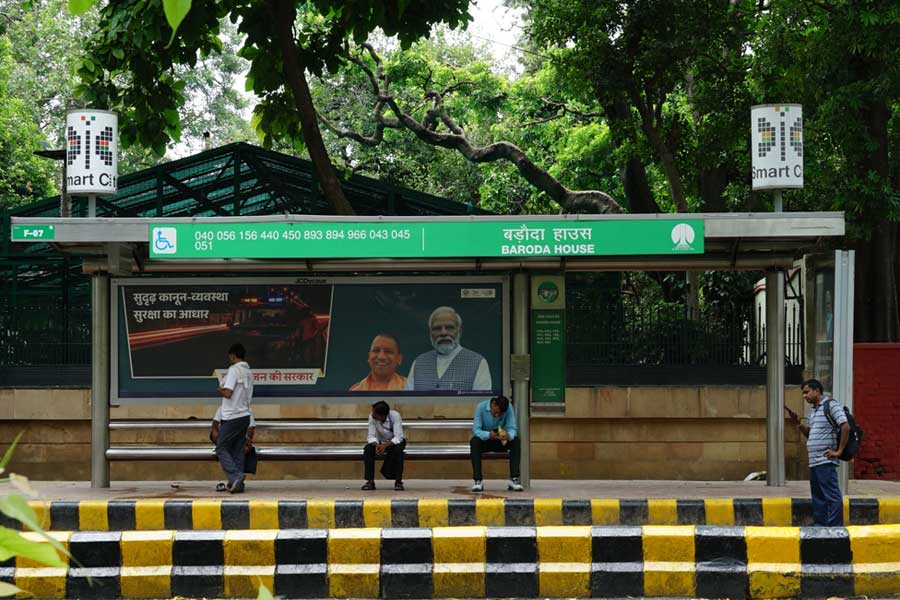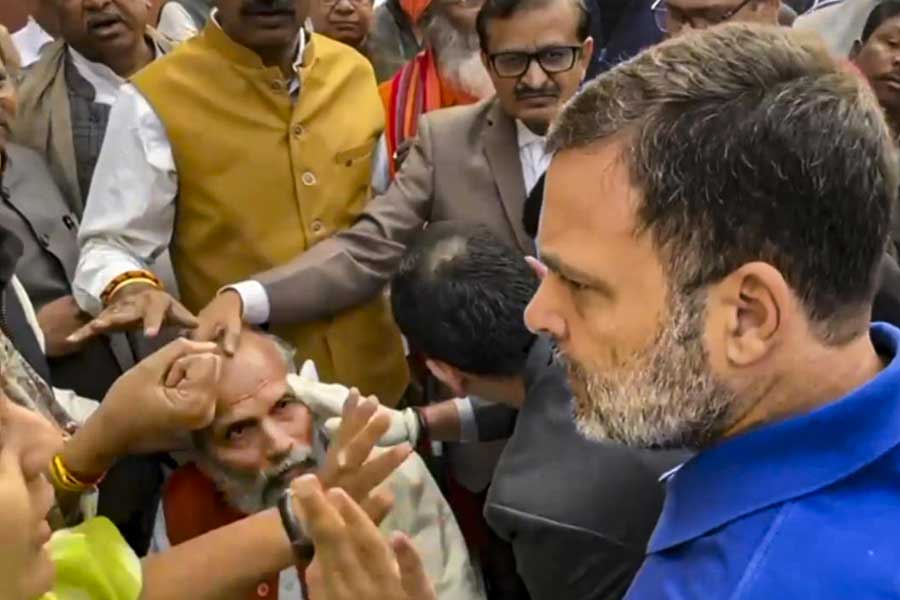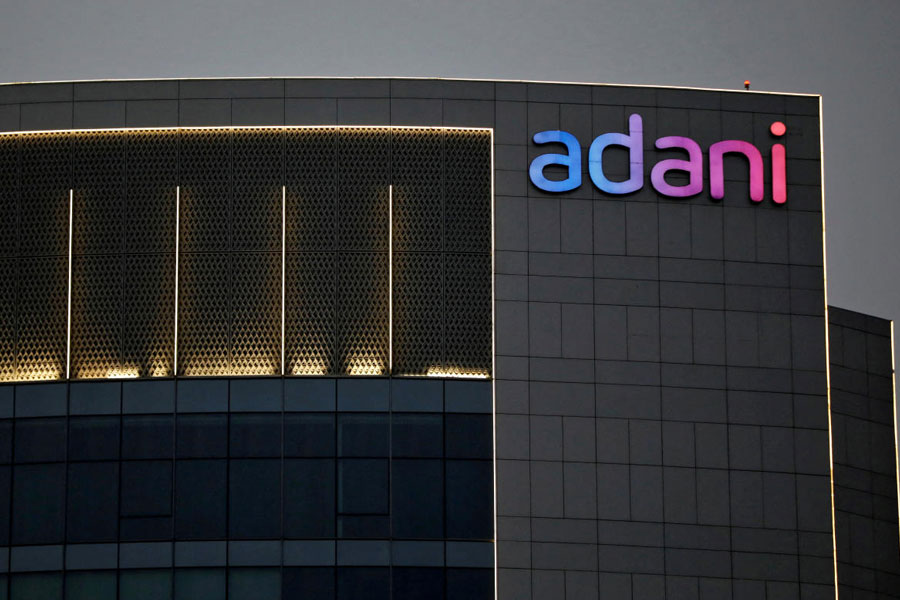On social media channels associated with extremists and conspiracy theorists, people searched for an explanation behind former President Donald Trump’s indictment Thursday, with some calling him a victim of a Democratic witch hunt to suppress his influence and others describing him as a grand master playing political chess to reclaim the presidency.
The scattered response reflects the shift in Trump’s power since a large group of his supporters stormed the Capitol after he lost the 2020 election. In the years since, Trump’s political movement experienced multiple electoral defeats. Some supporters were jailed after the attack on the Capitol. The social media landscape shifted, and Trump’s digital reach remains limited by an obligation that he first post on Truth Social, the social network he started last year that has far fewer users than Twitter and Facebook.
Trump tried rallying his base as the expected indictment drew near — and he earned widespread support from Republicans. Trump’s recent calls for supporters to protest his potential arrest received a muted response.
Online conversations about the indictment Thursday seemed to reflect the absence of clear direction. QAnon accounts on Telegram began posting slogans associated with the conspiracy theory, such as “trusting the plan” and “the storm is upon us,” in support of Trump. Dan Bongino, a radio host who has echoed Trump’s false claims of voter fraud, wrote on Truth Social that “the police state is here.” Some users claimed that the indictment would only strengthen support for Trump and help him win reelection in 2024.
Exaggerated accounts of the connections between Alvin Bragg, the Manhattan district attorney overseeing the case, and George Soros, the financier and Democratic megadonor, continued to spread. Rep. Paul Gosar, R-Ariz., wrote on the social network Gab that Bragg was “a Soros D.A.,” although a spokesperson for Soros has said that he has never met Bragg nor donated directly to his campaign. (Soros donated $1 million to the political arm of Color of Change, a progressive criminal justice group that endorsed Bragg.)
Threats directed at Bragg and Soros peppered online discussions of the indictment — including claims that people were watching Bragg’s house and children, appeals for Trump supporters to “pick up your rifles” and posts asking “when is go time.” On Truth Social, some called for an armed defense of Mar-a-Lago, the former president’s residence in Florida.
Much of the chatter on far-right channels appeared to be an effort to vent or prognosticate, rather than attempt any coordinated effort. Some users called for peaceful protest and urged others to resist acting on their emotions until more was known about the indictment.


